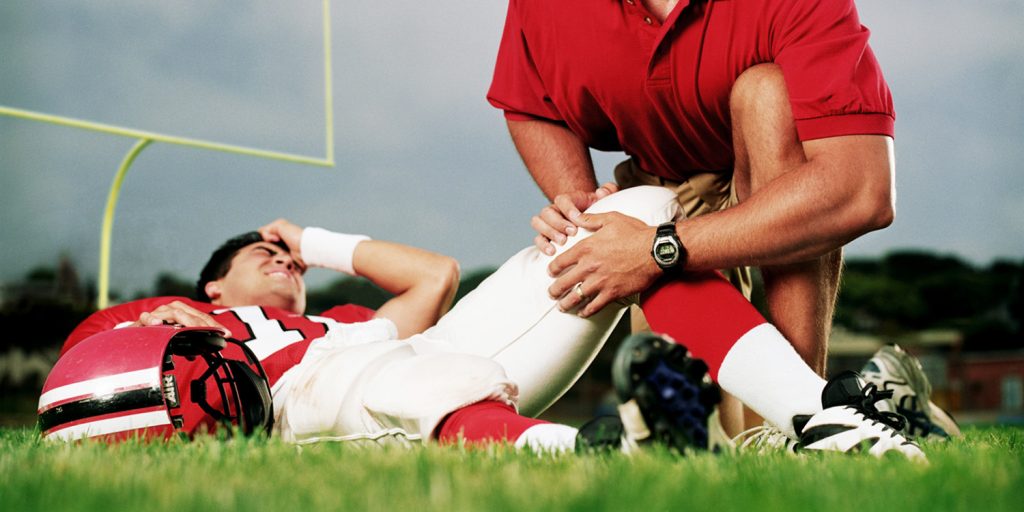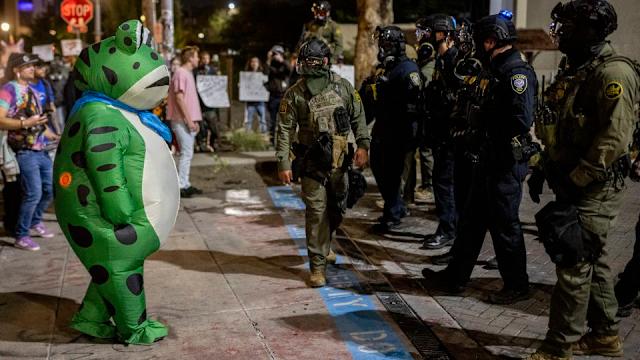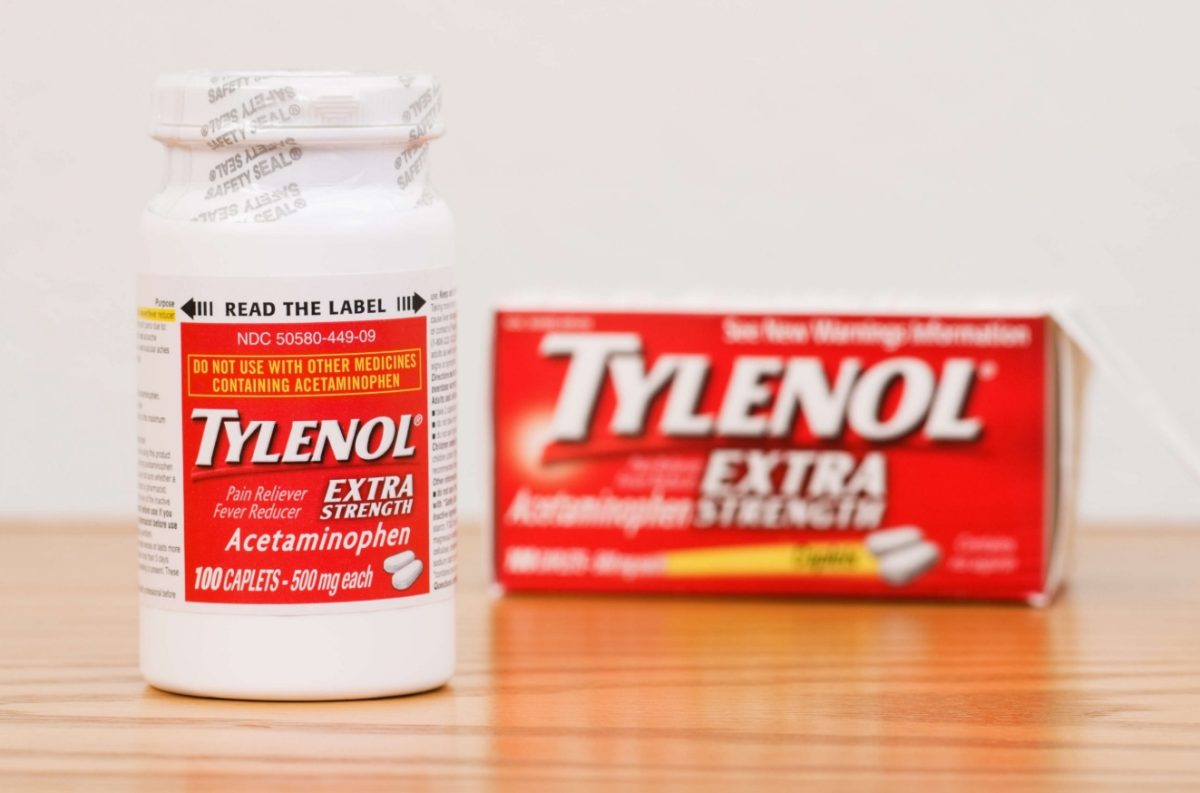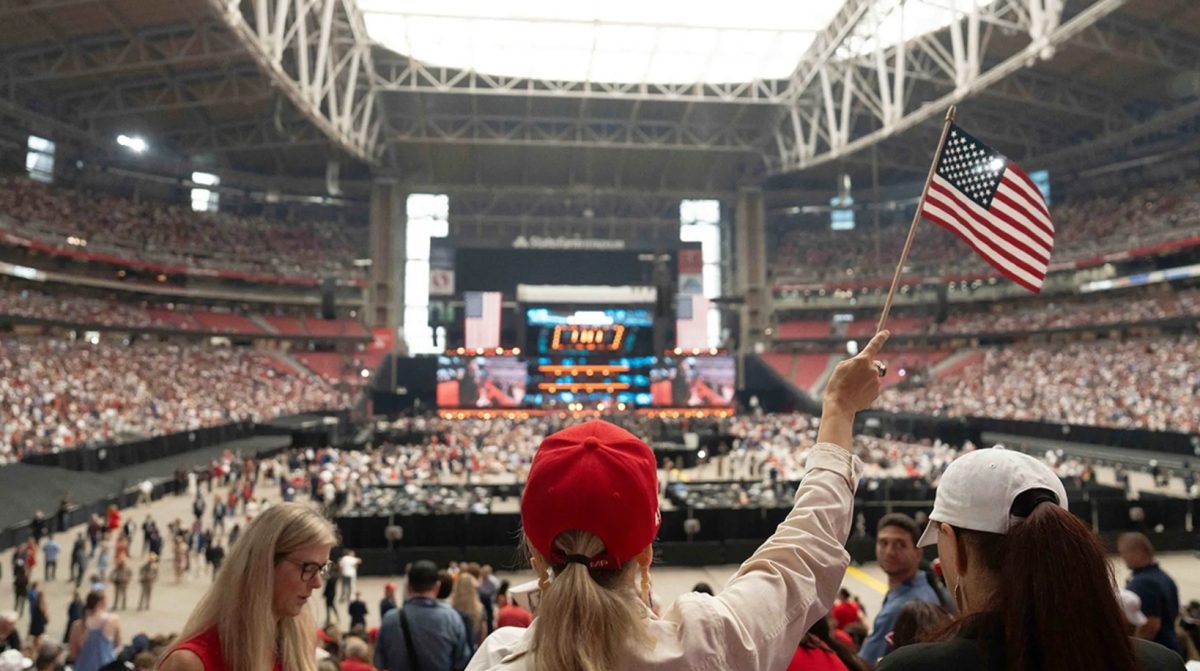Injured student-athletes on campus will now have a support group to talk to that knows what they are going through.
The “Pause, Heal, Recover” support group for student-athletes who have suffered an injury will begin holding weekly meetings starting next month at the Health and Counseling Services office, located on the lower lever of the Harborview Apartments building.
The support group will focus on the social and emotional aspects involved in sustaining and recovering from a sports-related injury, such as a student’s loss of identity, depression and anxiety.
Felisha Shelton-Wheeler, Psy.D., a staff therapist at Gannon’s Health and Counseling Services, will be leading the group. She and Lisa Goddard McGuirk, Gannon’s athletic director, came up with the idea during a meeting that made Shelton-Wheeler reflect on her own experiences being sidelined with injuries as a high school sprinter.
“I remember what it was like to be on the team and feeling like I wasn’t contributing because of the time it took to recover from my injuries,” Shelton-Wheeler said. “I would still go to practices, but I remember missing out on meets that I had helped get our team qualified for, only to have to sit out of a relay or race because of an injury.
“The injuries really took a toll on my self-esteem and required me to focus on other gifts and talents I had to offer.”
With support from Goddard McGuirk, Shelton-Wheeler began working on “Pause, Heal, Recover.” She said that the name suggests that an athlete pause their normal routine, take the time necessary to heal whether the injury is temporary or for a lifetime and that there is hope that they can and will recover, even if they never play again.
Kelsey Dugger, a senior finance and health care management major, started her freshman year as a member of the Gannon women’s basketball team and hadn’t even played half a season before suffering her fourth ACL tear since high school. It was not long after having surgery that she suffered another tear to her ACL and also one to her medical meniscus, leading to the end of her basketball career that started when she was only 5 years old.
While Dugger now acts as a student assistant coach to the team, she said it was difficult to not be able to compete with her teammates anymore.
“It was also frustrating that I didn’t get to decide when I wanted to stop playing, [that] this was determined for me,” Dugger said. “It is still hard to watch two years after having to hang up my jersey because a part of me knows I could be helping the team, and I would do anything to be out on the court just one more time.”
Shelton-Wheeler said that in her experience, most student athletes do not realize that the emotional side-effects they experience are related to their injury until they attend a counseling session, and that many feel like they should be playing through the pain.
“It’s important for the student to listen to their body and what their body needs,” Shelton-Wheeler said. “Our pain thresholds differ and we have to respect our body when it tells or shows us signs that it needs time to recover, regardless of what others might say or think.
“That’s not always easy.”
Dugger never visited the counseling center around the time of her injury, but said that the support group is a great idea because it’s the easiest way to get in contact with people who will understand what it’s like going through a sports-related injury.
“Having a support group helps you talk to people who are in the same boat as you,” Dugger said. “It helps you cope better, instead of feeling like you’re alone and have no one to talk to.”
Meetings for “Pause, Heal, Recover” will be held from 11 a.m. to 12:30 p.m. every Thursday starting March 8. Students with questions can email Shelton-Wheeler at [email protected].
KYLE JOSEPH
[email protected]








